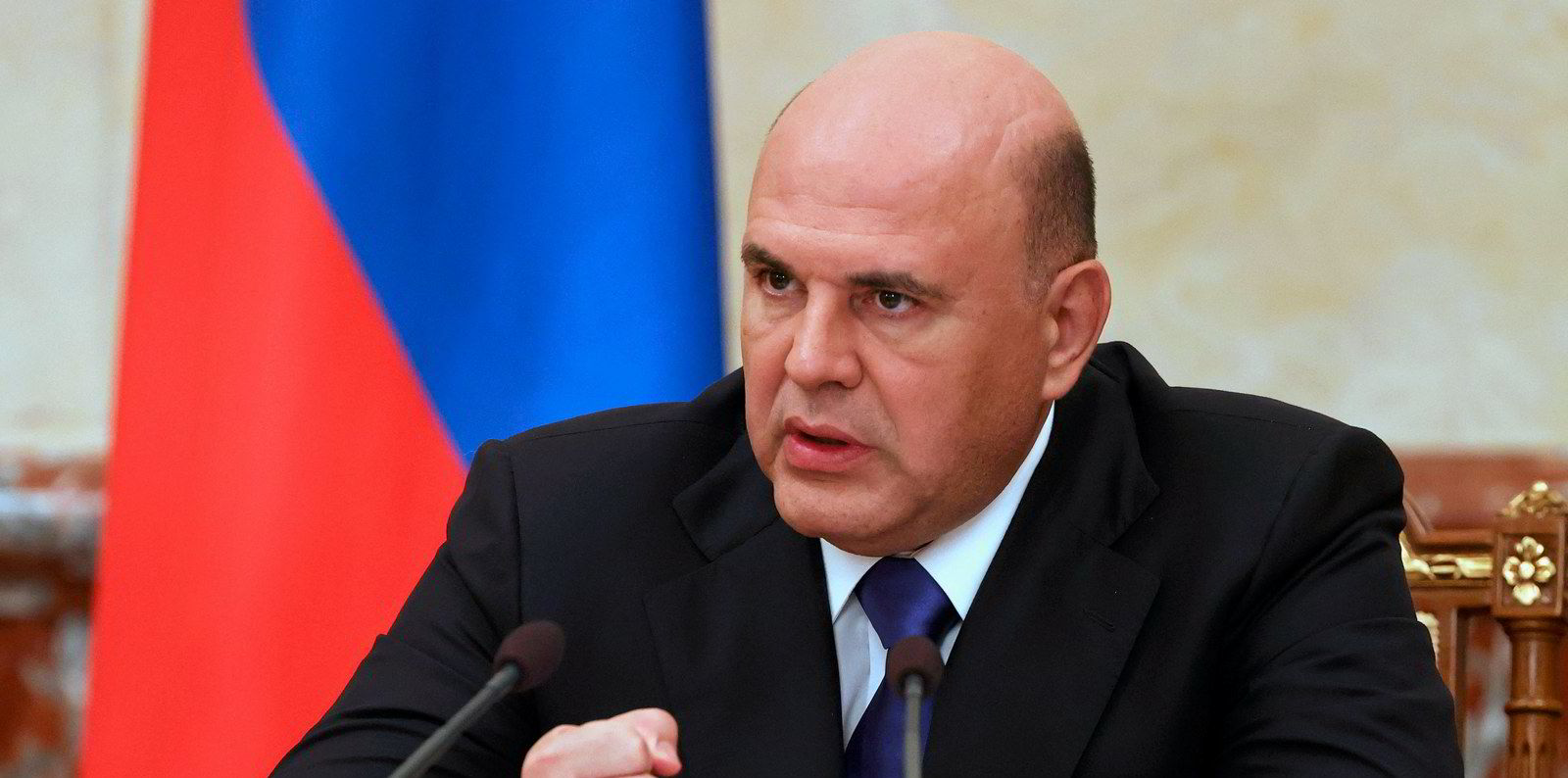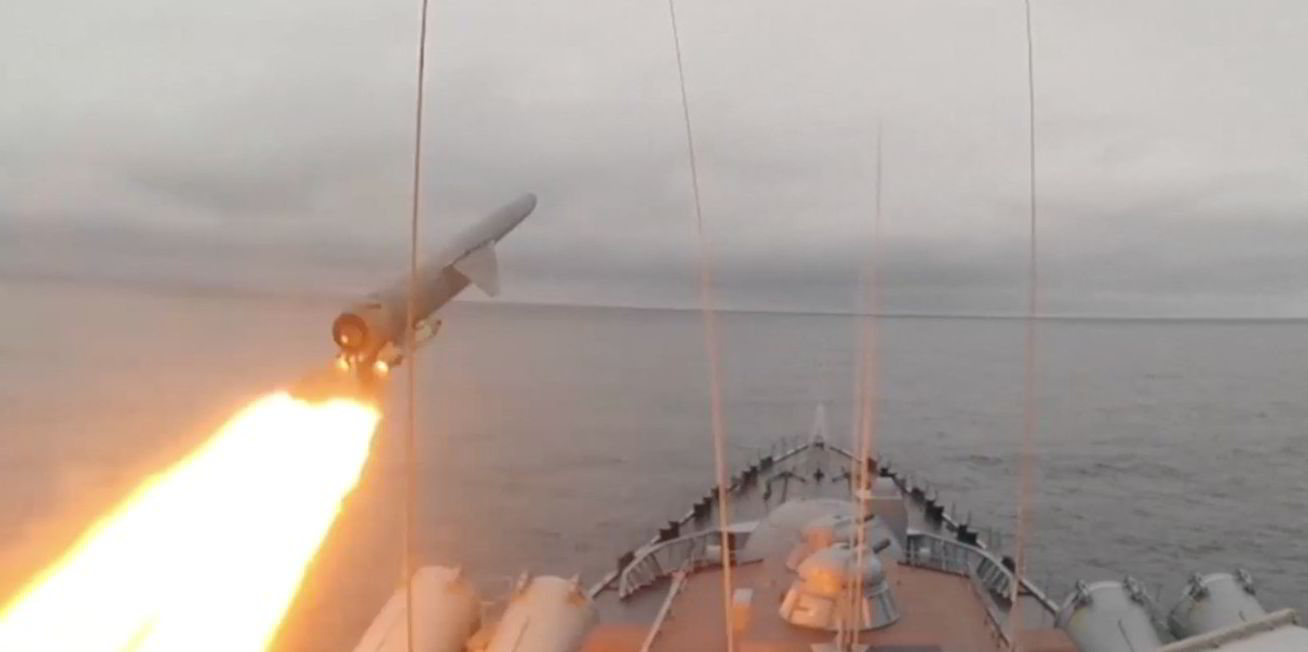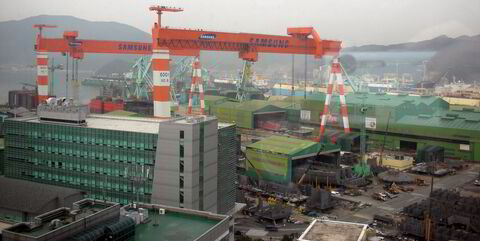The number of tankers employed in Russian oil trades may keep growing, Frontline chief executive Lars Barstad says.
Speaking at the Pareto Securities Energy Conference in Oslo on Thursday, the head of the New York-listed tanker giant said he expects the fleet engaged in Russian trading — often called the grey fleet, dark fleet or shadow fleet — to grow, as Russian exports have fallen sharply.
“I believe that we will have another cycle of tonnage being purchased by Russian-controlled companies or Russian-managed companies basically to try and cater and keep these exports up,” he said. “We have not seen it yet.”
Exactly how many ships are moving Russian cargoes is a complicated question, as G7 regulations allow crude oil and oil products to access mainstream shipping services below certain price thresholds.
Many owners have pulled out of Russian trades completely, while some will abide by the price cap scheme.
Others move Russian cargo regardless of the price, typically on older vessels flagged in novel registries and backed by non-traditional insurers.
That fleet was said to have propped up asset prices for elderly tankers through most of the year, but BRS Group cautioned over the summer that those valuations would soften, as the Russian market had enough tonnage.
Barstad said 12% to 15% of the suezmax and VLCC fleet are engaged in those trades, artificially inflating the global fleet size.
“Imagine if, by regulatory force, they are removed?” he said.
Euronav investor relations head Brian Gallagher agreed that regulations will be necessary to curb the dark fleet.
“Until we get consequences or a proper recycling market”, the dark fleet will persist, he said.
He believes owners with ageing ships are in a position where they could sell a vessel to sketchy counterparties, scrap in Europe or send it to the breakers in South Asia.
The price differential between European and South Asian recycling yards has created problems for the scrapping options.
Gallagher said Euronav has had to pass on offers to buy ships because it was dealing with what he described as a “PO box”.
He also said the market is so fragmented that getting a grip on the market is difficult: “Because of that fragmentation, you have no control.”





